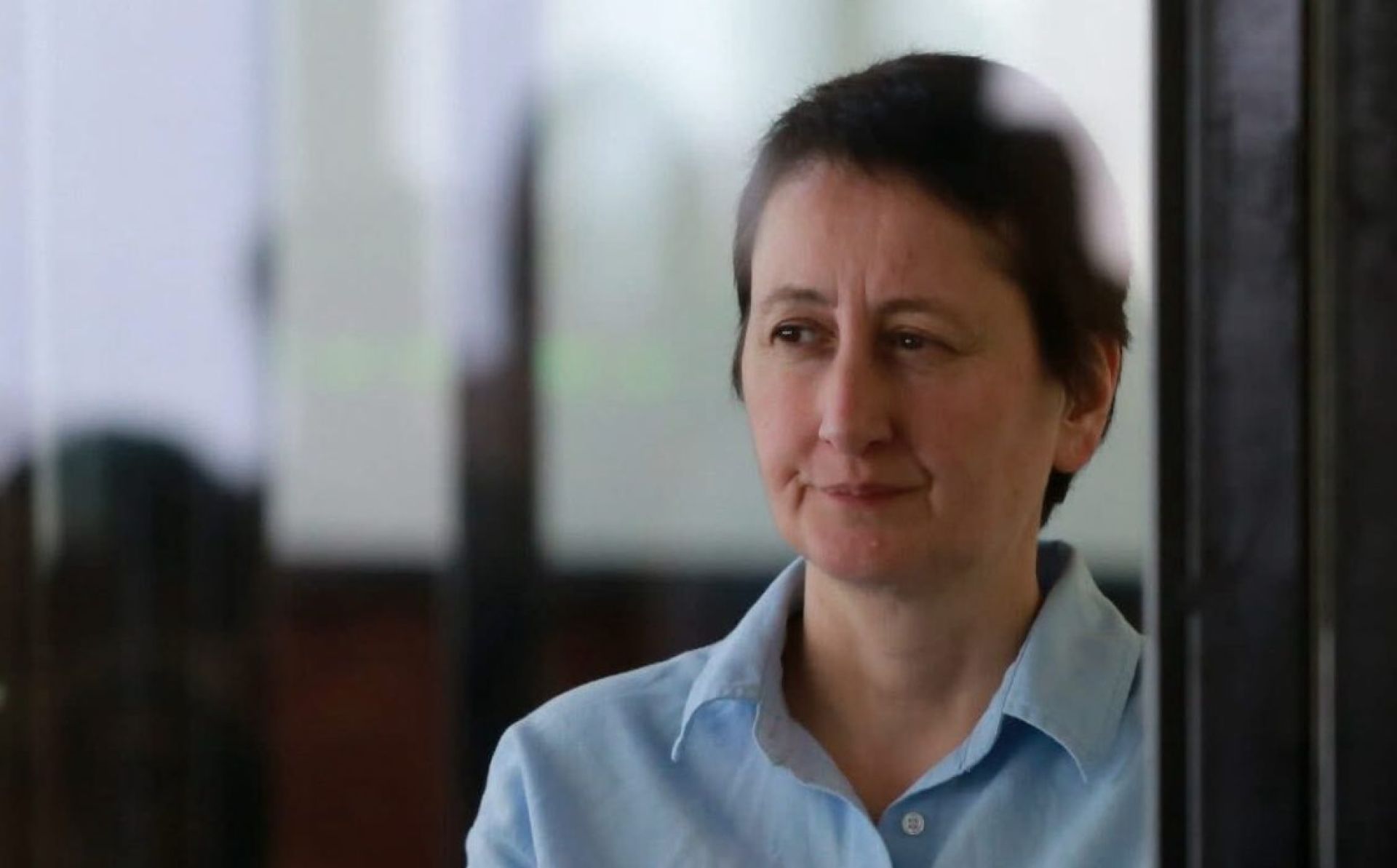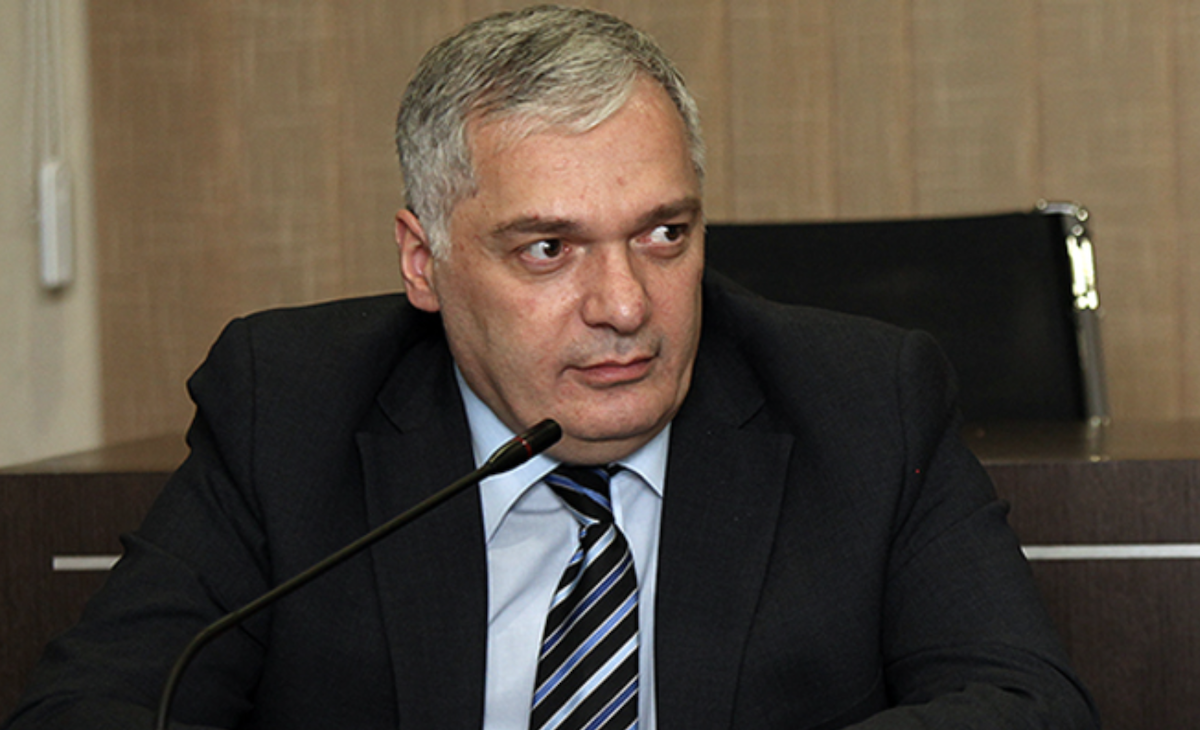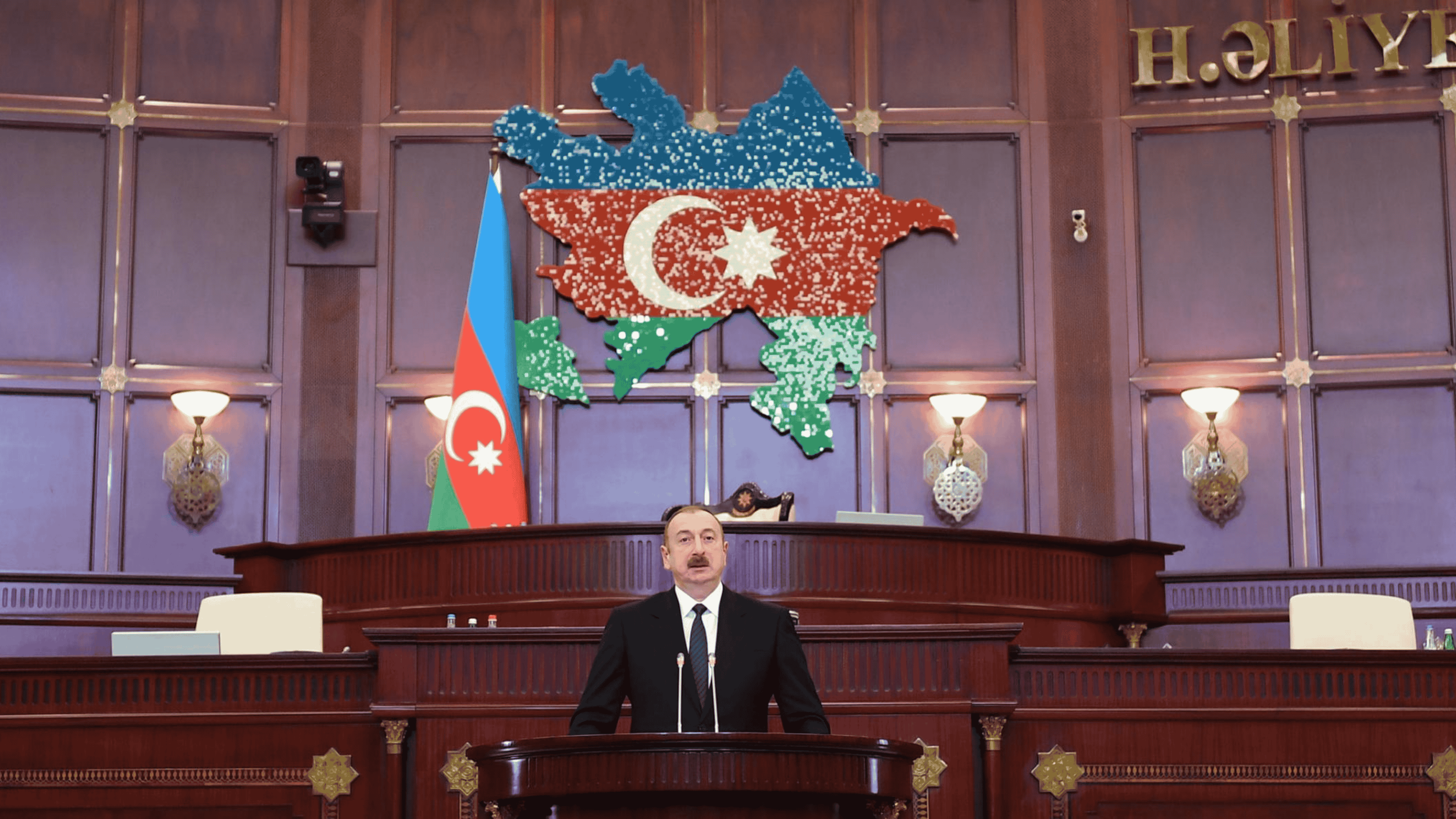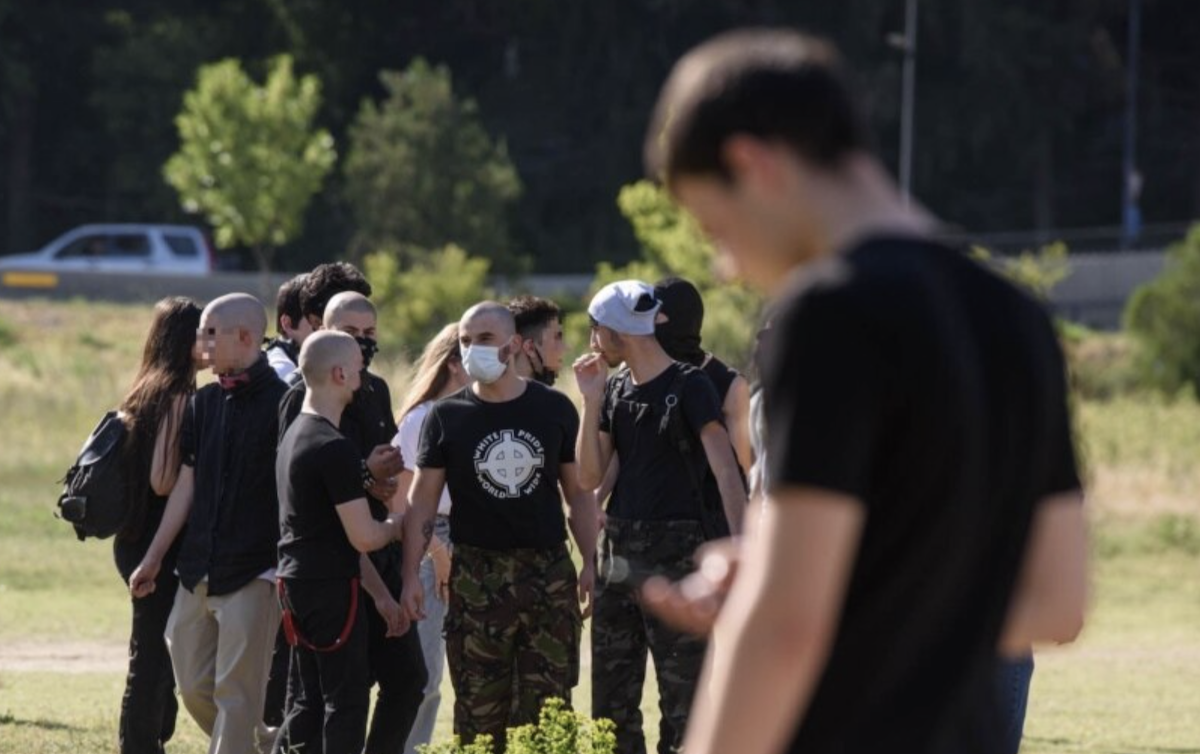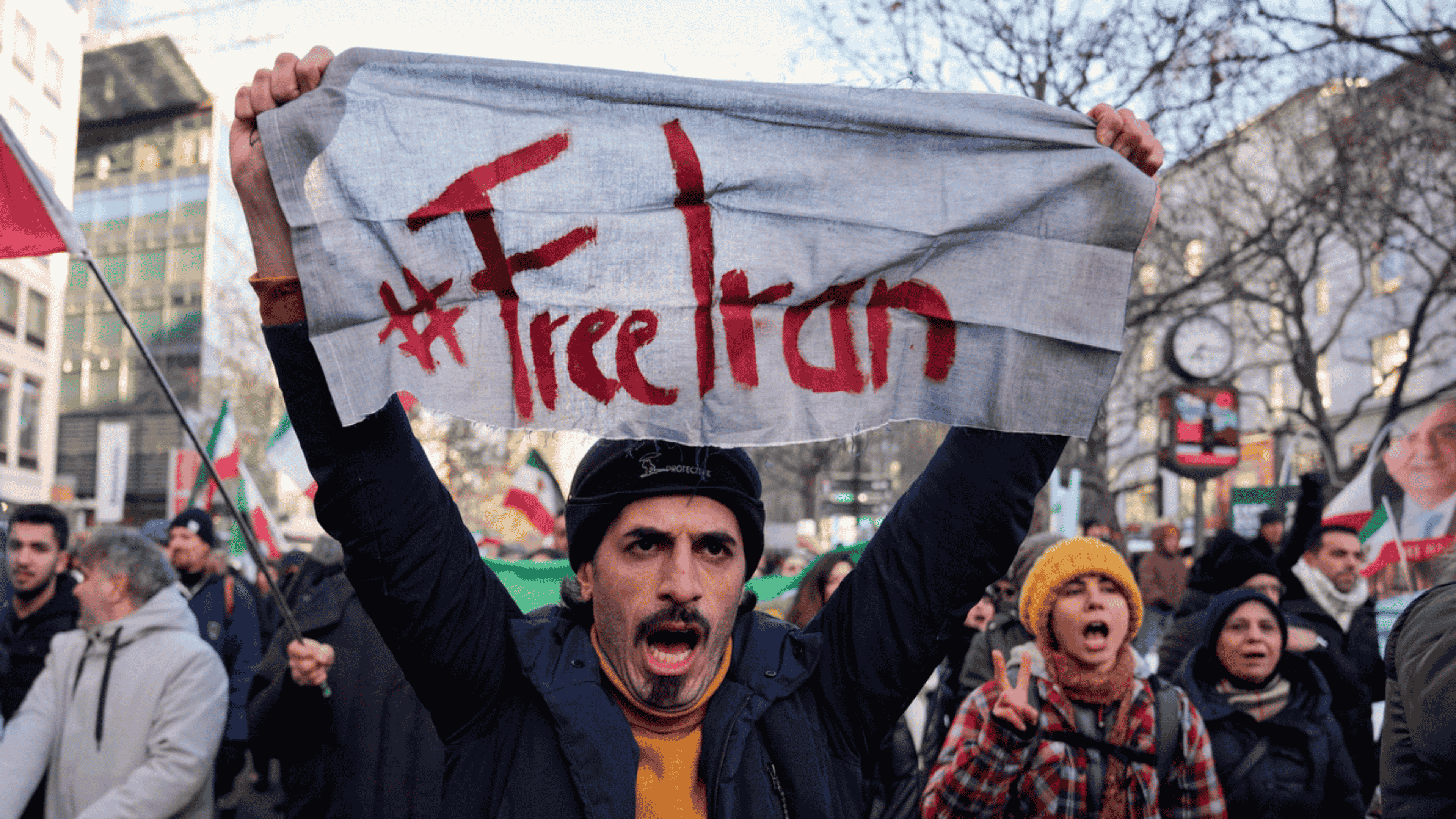Letters from prison: The final warning
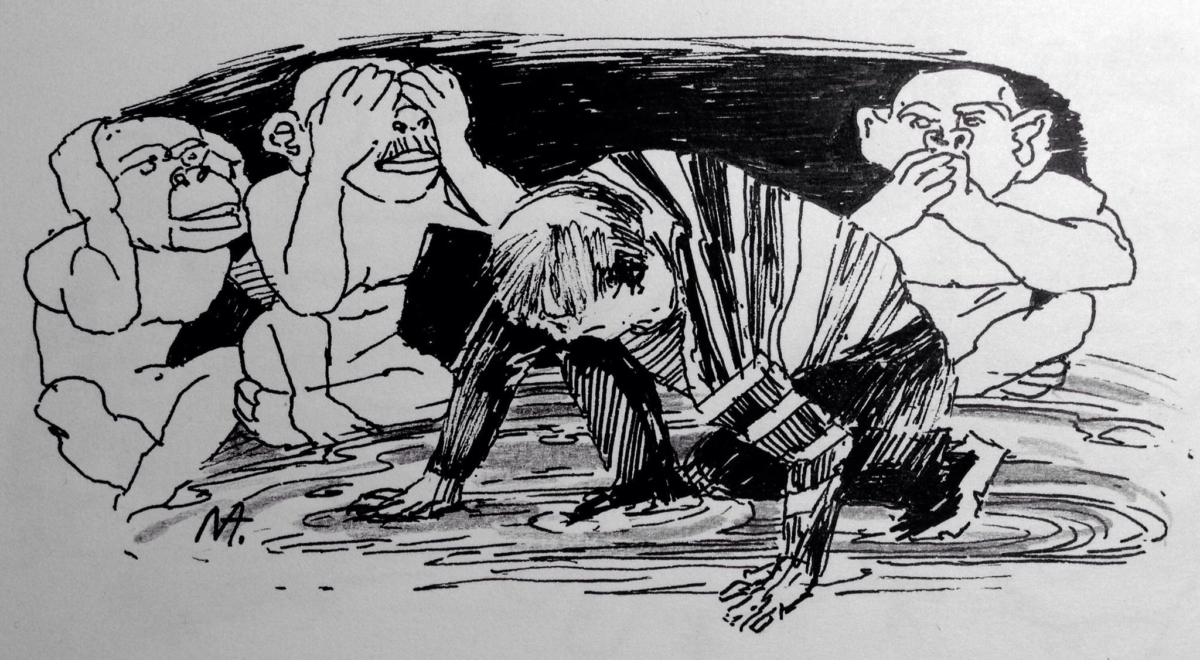
[su_quote]
‘Letters from prison’ is a new JAMnews project. It started with a letter that the publication received from a man serving a life sentence in Nubarashen prison. Yuri Sarkisyan has been in prison for 23 years already. He wrote because he wanted to speak out. He believed that society should hear from people living ‘on the other side’. We agreed to cooperate with him and thus this project was born.
Yuri Sarkisyan is also an author of a documentary novel ‘Capital Punishment’, which was published in 2016.[/su_quote]
The fourth letter from Yuri Sarkisyan
There is a rule that says: ‘Never judge a man until you walk a mile in his shoes.’ Why? Because nobody knows what you would have done in the same situation. However, many people make judgments and condemn others without thinking of the consequences of their conclusions, of their moral right to judge other people.
The existence of prisons and their inmates is a fact of life. And the abhorrent deeds behind the barbed wire also fall into this category. Whether you want to know about it or not, facts are stubborn things. Equally as all those reproaches in the gazes of children and adults that you encounter every now and then: in the gaze of the parents who have lost their soldier son; in the looks of paupers, street children and homeless people.
It’s easier to act like three wise monkeys that are covering their eyes, ears and mouth, rather than to remain a human being: ‘If I see no evil, hear no evil and speak no evil, I am protected against it.’ In my opinion, it’s an erroneous position. Fate may deal its blow (and it does indeed!) to each and every person, at any time, in any place. It’s better to learn from others’ mistakes than to make your own ones.
One doesn’t necessarily have to violate the law and go to jail to become an outcast; it’s just enough to stumble and flop into a mud puddle, and the world that seemed so integral and harmonious before will immediately collapse and split into three groups: those who are afraid of getting dirty; those who reach out a helping hand and the ‘three wise monkeys’. For a moment, everyone who is beyond the puddle will feel superior, no matter how long that moment lasts. You were offered a choice, and you’ve made it. A person who regards the other man as the worst one thinks badly only of that one man, whereas the one who fancies himself the best man in the world has a bad opinion of everyone.
There is no prison as terrible as the one that is being built in our minds. And there is no murderer as brutal as the one who is convinced of his own infallibility and righteousness.
In the 1990s, each person convicted for murder was put in a solitary confinement cell (punitive confinement). I was held there for 22 days. The nights spent in a solitary cellar on the lower ground floor of the penitentiary institution turned out to be the most nightmarish experience I’d ever had. There was neither light, nor air, and there were no people either. The reason for punishment was that they wanted to wring a confession (through tortures they made me confess to all the unsolved crimes committed in the period when I was staying in Armenia). I was beaten three times a day and was provided hot meals once in three days; the rest of the time I was given stale bread and boiled water. On the 22nd day they warned me there would be real hell ahead. I would slit my wrists, faint, come round and then slit them again.
It was there that I witnessed the death of three men, killed by the jail guards. The first dead man had been accused of sexual abuse, but he never pleaded guilty. The second victim was a very young guy. He was beaten by the whole crowd. They beat him in turns, when someone got tired he was replaced by others. At the end, the executioners insulted the lifeless body by urinating on the corpse. I remember the numbskull prison officer who initiated all that, mockingly saying: ‘Let’s do it! Maybe he will come to life.’
The third death was reminiscent of the Nazi concentration camp. That year Armenia was hit by such a severe winter that even the water pipes burst from freezing. That gave prison officers an idea to leave the convicts in a prison basement almost naked, wearing just their underwear. It was yet another attempt to crush their human spirit. And they did. Only one convict demanded his clothes back, threatening to file a complaint with the Red Cross. And he was heard. At first the poor guy was beaten unconscious, then his wool jacket was soaked in water and placed on his naked body. The next morning the swollen corpse was taken away on a stretcher.
Things are not always as unambiguous as they seem: people make mistakes, judges make mistakes.
Three months into my death sentence, a new guy was brought into our cell. He was a taxi driver who delivered a captain, a battalion commander, to the military unit checkpoint. As it turned out later, that officer was a drug addict and a killer, who shot dead three of his subordinates. The taxi driver was charged with complicity and condemned to capital punishment. His wife and two sets of twin boys remained at large. The poor father was literally going crazy. He ate almost nothing, thrashing around the cell day and night, saying: ‘Chors millions! Chors millions!( Arm. ‘my four millions’). He died two months later: the longing for his children and the desperation did their job.
There were also some other deaths among those condemned to execution by shooting. However, it’s impossible to cover all the cases as part of one article. Yet those facts speak for themselves, and they speak of a history that we’re all a part of rather than of the reality isolated from the outer world.
A convict’s gloomy past is also made of facts, but they can’t be changed anymore – neither in a year, nor in a decade, never.
The Bible provides a description of an Egyptian execution – the land of Egypt being overwhelmed by darkness for a while. And the darkness was so thick during the first three days that ‘people couldn’t see one another’. Similar utmost darkness could be observed in our daily life. It is manifested through the ‘three monkeys’ syndrome, carelessness and/or excessive egocentricity.
Sometimes a person believes that they are ‘doing the right thing’: they are engaged in some sort of activity that prevents them from seeing the many ugly things happening around them. They forget about the true purpose of life of a human being: never be absorbed in your own development and well-being so much as to remain insensitive to other people’s appeal for help, because everything has a boomerang effect.
There is an ancient document preserved in the Leiden museum (listed in the museum catalogue as #344) in the Netherlands. It represents a chronology of calamities of that very Biblical period that I’ve mentioned here. This document was later referred to as the ‘Ipuwer Papyrus’ (named after its Egyptian author). Punishment through darkness was God’s final warning.
So what happens to us, to those who have reached the brink beyond where there is just emptiness and death waiting?













